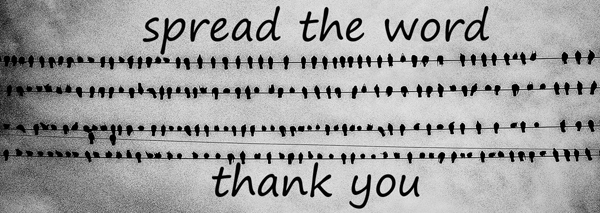
| WELCOME |
 |

comments, ephemera, speculation, etc. (protected political speech and personal opinion) 2020- 2020-07-04 c Known Unknowns and the Pretense of Knowledge Rand Paul Is Right About
Experts
The Internet is having a bit of fun with Rand Paul’s claim during a Tuesday Senate committee hearing that “We shouldn’t presume that a group of experts somehow knows what’s best” (here’s Tommy Beer with more). After all, they’re the experts. Shouldn’t we get out of the way and do as the experts tell us? No. Rand Paul is right. Friedrich Hayek was famously skeptical of experts because they have a tendency to stretch beyond their expertise and make claims, recommendations, or policies that are beyond the narrow confines of their expertise. They also tend to collapse social problems into frameworks and models that seem easy to manipulate but that leave out a lot of important on-the-ground knowledge that, Hayek argued, is of a kind that is inaccessible to an outside observer. In short, it is easy to mistake a model for the actual underlying reality. It is just as easy to identify important considerations and act as if they are the only In a 2014 book, William Easterly highlighted and criticized The Tyranny of Experts (I reviewed it for Regulation here). His subtitle is revealing and relevant to the present moment: “Economists, Dictators, and the Forgotten Rights of the Poor.” Experts can identify facts and make recommendations, certainly, but they’re not well-positioned to know the specific trade-offs and decisions people should make in light of what they know. Probably the best illustration of this that I’ve seen is not a dense academic treatise but the February 6, 2013 installment of the webcomic Saturday Morning Breakfast Cereal. A gentleman in a coat and tie stands in front of a tank of fluid in which someone is floating like Luke Skywalker in the bacta tank in The Empire Strikes Back. He says “We’ve encased everyone in a vat of gelatin, with nutrition fed directly into their mouths. Once a day, the gelatin is electrically excited so as to stimulate their bodies to aerobic exercise! They all live to at least 150.” The cartoon’s caption says “fortunately, public health advocates have no legislative power.” That’s the important point relevant to Rand Paul’s statement on Tuesday. In the cartoon, the experts have created and are enthusiastic about a technology that will lead to long lives. However, I think most of us would agree that floating in a tank of gelatin—even if you’re hooked up to Robert Nozick’s experience machine—isn’t really living. Paul makes the important point that a bit of humility is in order. An expert is very well-positioned to say “if you do these things, then you can expect the following effects with the following probabilities.” Only in the most extraordinary of circumstances—and even then, I’m still extremely skeptical—should they presume to tell others exactly which choices they should make. (read more) ______________________ Permission is hereby granted to any and all to copy and paste any entry on this page and convey it electronically along with its URL, ______________________ |
...
News and facts for
those sick and tired of the National Propaganda Radio
version of reality.
|
|||||
|

| If
you let them redefine words, they will control
language. If you let them control language, they will control thoughts. If you let them control thoughts, they will control you. They will own you. |
| © 2020 - thenotimes.com - All Rights Reserved |